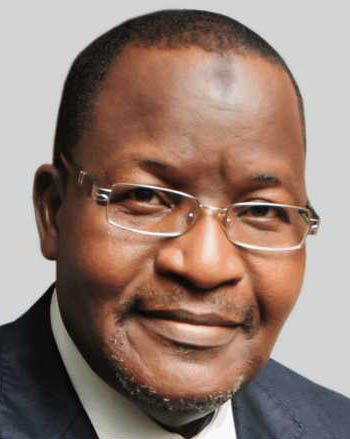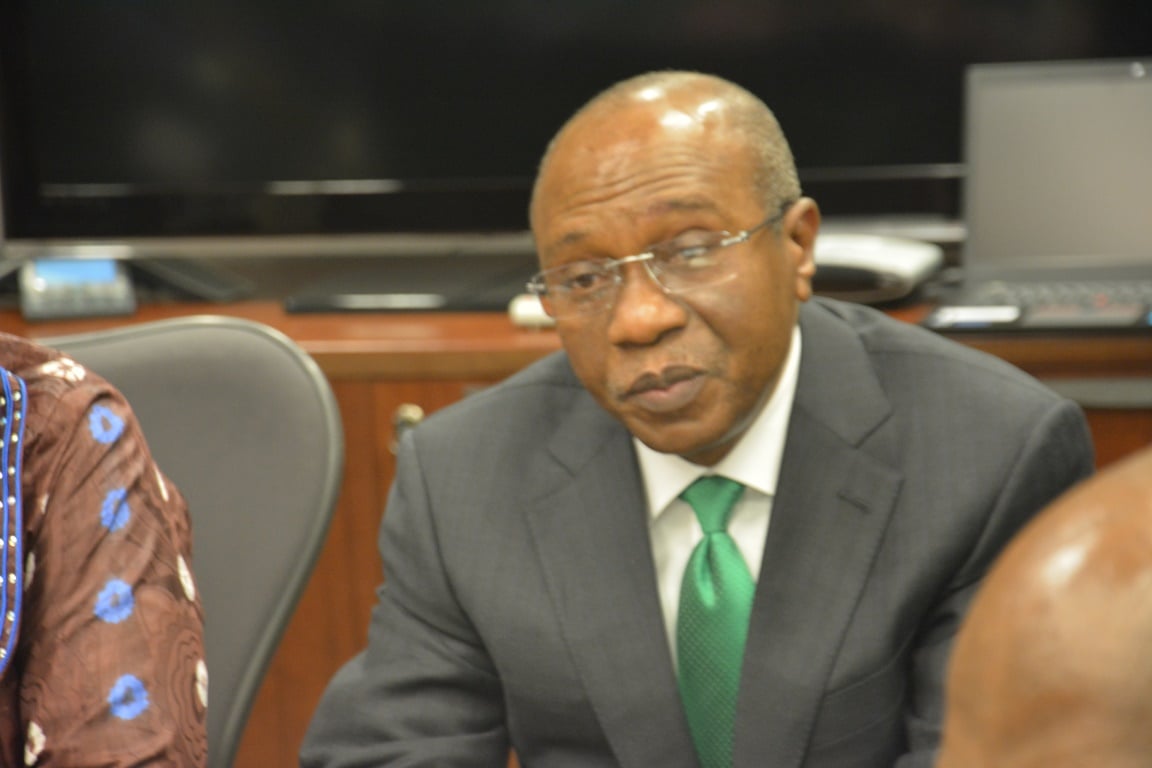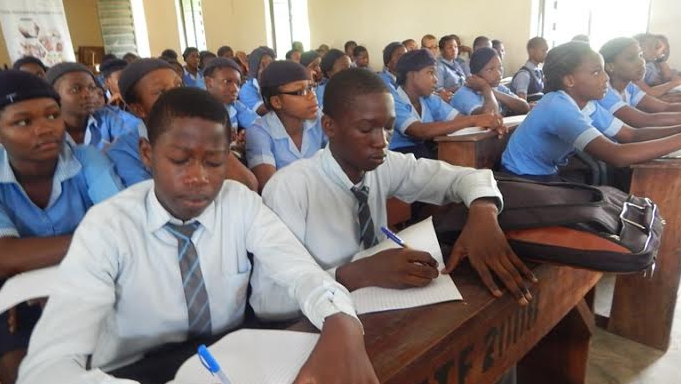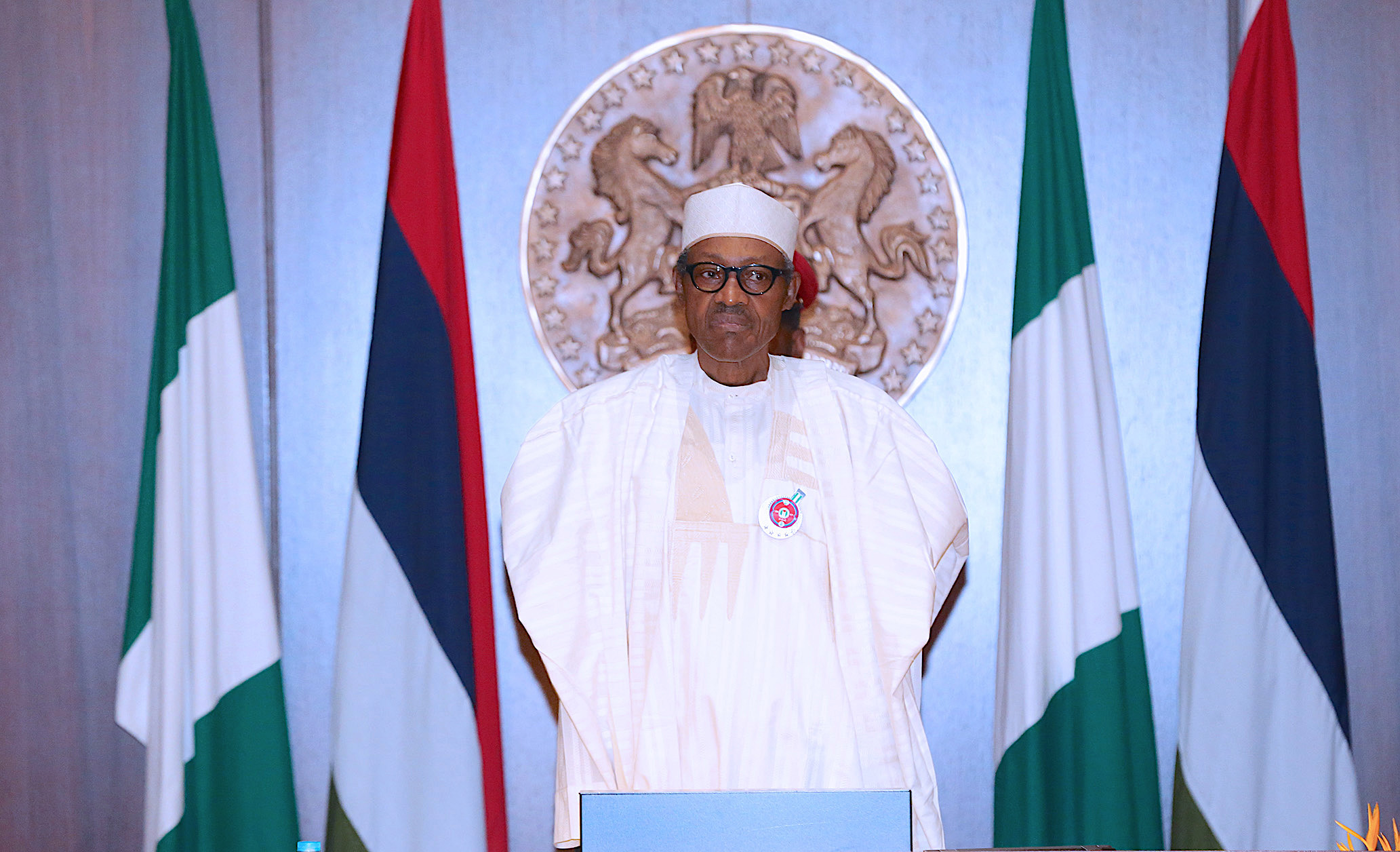It is my privilege and honour to give the give the keynote speech at the maiden edition of CKN News Annual Lecture which thematic focus requires us to reflect on the role of the social media in the social, economic and political development of Nigeria.
As a global phenomenon and platform for knowledge, information and person to group communications, the social media has come to shape our lives in very fascinating and remarkable ways.
Scholars (Lasswell 1927; Field 1991; Klapper 1960; Cantril 2005) have demonstrated in varying degrees the power the media could exercise upon the individual and society. More recently, Castells (2010; 2012), Mutsvairo (2016), and Jenkins et al (2016) have also shown both the utilitarian purposes as well as changing nature of social media power, particularly when they are deployed in certain contexts in combination with other media.
The social media in particular has come to represent the perfect example of the democratisation of information and technology with demonstrable capacity to migrate communication to interactive dialogue, and social activation. This is greatly evident all around the world with regards to its use for campaigns and enlightenment by political parties.
Advertisement
Socially, we are all witnesses to the volume of information shared on platforms such as Facebook, Twitter, WhatsApp, Blackberry Messenger and Instagram, to mention just a few among several social media networks through which Nigerians interact , obtain information to meet their social needs to shape their behaviours and enrich the quality of lives. Over 16million Nigerians are on the Facebook, the highest in Africa, making Nigerians the most active users in the Continent.
On the economic front, the Social Media has become a market place of ideas and creativity. Products and services are sold online, thus providing opportunity for start-ups to commence businesses on a small scale. Many Nigerians, like citizens of other nations, have honed amazing entrepreneurial skills to make a living through opportunities provided by social media platforms, and have equally become employers of labour. Huge financial transactions have been conducted by individuals and organizations online. Banking transactions such as online deposits and transfers, have made financial transactions easier. In the past it was difficult to travel without physically going to transporting and tourism organizations to make booking and other logistics.
The Country’s E-Commerce space is growing tremendously, companies such as Yudala, Jumia, Konga and Jiji to mention just a few, are online Malls recording huge patronage by online customers. Also, the trove of information exchanged through social media by individuals, groups and institutions has impacted on all spheres notably; e-education, e-health, e-agriculture, crime prevention, and safety.
Advertisement
Politically, people have latched on opportunities provided by the social media to exercise their rights to free speech, to interact with their representatives, and make constructive contributions to the political process in ways that were unimaginable just a decade ago. As an Organization , NCC is elated at this development. The protection of rights is a value that should be cherished by all individuals and institutions.
In pursuance of citizens engagement, the Management of NCC declared 2017 as the Year of the Nigerian Telecom Consumer. The central purpose is to extend the frontiers of our engagement with stakeholders, particularly the consumer that constitute the lifeblood of the telecom industry. In doing so, we are recreating platforms for conversation that will offer more information and education to the consumer to tackle challenges experienced as subscribers to telecom services, and by that, underscoring our resolve to protect the consumer against infractions by service providers. The consumers-NCC engagement also enables the Commission get feedback and suggestions that enriches our regulatory role and interventions in the industry .
Suffice it to say that in driving this programme, we have also deployed the social media to extend our reach and engagement. It stands to reason therefore, that NCC as a public sector organization, recognizes the value of social media networks in the society and its power to disseminate information on real time basis globally. We appreciate the importance of data as a key resource in knowledge-management. This explains our decision at the Nigerian Communications Commission to enhance our strategic activities in the facilitation of broadband deployment in accordance with the vision of the National Broadband Plan.
Accordingly, to make data available for all persons in Nigeria to access the internet and participate in the emergent digital economy, the Commission has conducted the auction of the 2.3GHz and the 2.1GHz spectrums. Some slots in the 2.6 GHz has also been licensed and the 800MHz is being re-planned for LTE services. All these are frequencies that will guarantee a robust access the internet thereby empowering citizens to utilize the social media networks.
Advertisement
In addition, in view of our technology neutrality stance, the Management of the Commission is also re-farming older frequencies held by operators to be used for data services. NCC has considered giving operators the liberty to deploy spectrum resources allocated optimally by utilizing Next generation technologies available in the global market.
Two licenses have been issued to Infrastructure Companies (Infracos), to hasten deployment of fibre Optic infrastructure in Lagos and the North Central Region of the country. The remains licenses for other regions are being prepare for licensing before the end of the year. This is one of our strategies for facilitating broadband deployment. The Infraco licensing will attract necessary investments in infrastructure to ensure support for the data segment and to ensure services are offered based on objective prevailing prices.
The Commission is also engaging our stakeholders such as the State Governors under the auspices of Nigeria Governors Forum, and also individually as State Chief Executives to ensure permits are granted to operators to deploy infrastructure. Service providers have been discouraged by exorbitant levies and other bottlenecks in the States. So, we are persuading State Governments to see the long term benefits of data availability and its connection to economic growth over and above immediate gratification of more revenue.
The protection of infrastructure has also been a matter of concern to NCC. Hence, we are consciously in the vanguard of advocacy for the declaration of certain infrastructure as critical national assets. This is one reason we are pushing for a speedy passage of the National Critical Infrastructure Protection Bill by the National Assembly. The passage of the Bill is expected to reduce vandalism and theft of equipment and facilities to enable us to address a critical challenge to data availability and quality of consumer experience.
Advertisement
In conclusion, although NCC adopts technology-neutrality regime in it role, and will therefore not regulate social media use, we nevertheless use our moral authority to request that Nigerians take advantage of the social media platforms to exchange information and participate in the political, social and economic processes of our country in ways that promote peace and enable us to build a more united and prosperous nation. The Cybercrimes Act 2015 already defines offences in this sphere and stipulates punishments for breaches, as a responsible institution, We encourage a responsible and ethical use of the Social Media for the good of all and the development of our Country. On that note, Your Excellencies, ladies and gentlemen. I wish you very fruitful and rewarding deliberation.
Being the keynote by Prof. Danbatta, executive vice chairman of Nigerian Communications Commission, at the first annual lecture of CKN News in Lagos on June 13, 2017.
Advertisement
Views expressed by contributors are strictly personal and not of TheCable.
Add a comment







